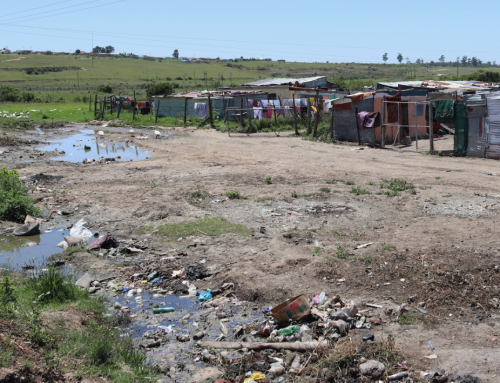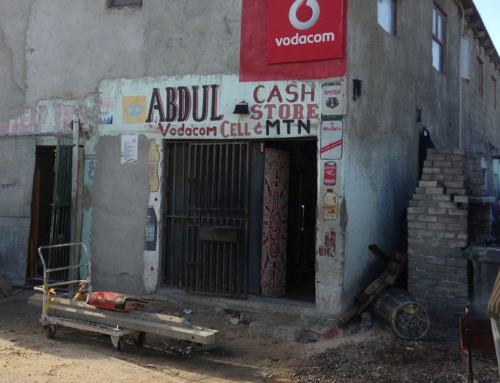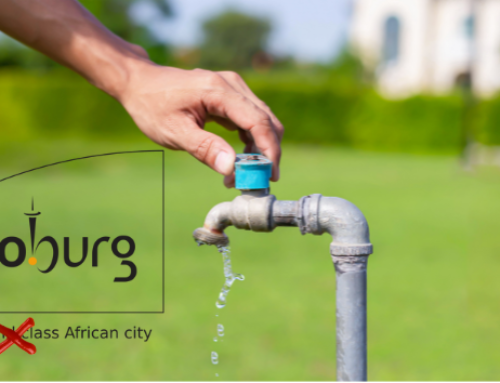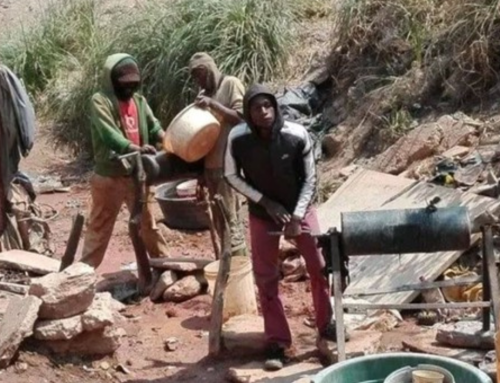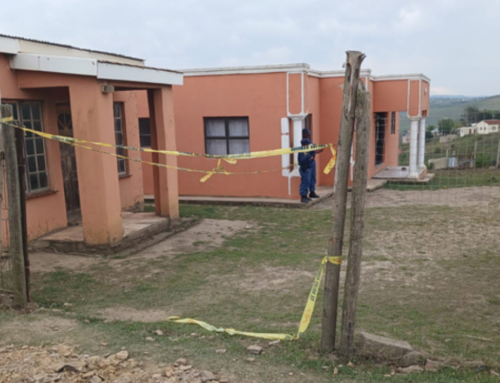 Statement by Yongama Zigebe, Secretary General of the United Democratic Movement
Statement by Yongama Zigebe, Secretary General of the United Democratic Movement
The United Democratic Movement (UDM) and many South Africans have observed a sudden flurry of activity from the African National Congress (ANC) in the lead-up to elections. It seems like the ANC has undergone a miraculous transformation, with municipalities suddenly prioritising tasks like grass cutting and waste removal, load shedding disappearing altogether, ministers actively engaging stakeholders, and numerous building handovers taking place.
This sudden burst of activity appears timed perfectly with the upcoming elections, leading many to question the sincerity of these efforts. It’s evident that these are not ordinary elections, as the ANC seems determined to prove themselves to voters within a specific window period.
However, it’s essential for voters to critically evaluate these actions and consider whether they represent genuine change or mere electioneering tactics.
Sustainable progress requires consistent effort and genuine commitment, not just temporary measures aimed at securing votes. As citizens, it’s crucial to hold political parties accountable and demand real, lasting change that benefits all South Africans.
The sudden shift in behaviour from the ANC does raise questions about sincerity and motives. It’s understandable why many would perceive it as hypocritical, especially considering the historical context and previous patterns of behaviour.
For the ANC to truly convince citizens of their newfound concern for the well-being of the country, they would need to demonstrate consistency and genuine commitment over time. Mere statements from ministers might not suffice; tangible actions and policies that prioritise the needs of citizens over political gain would be more convincing.
This is mere deliberate election strategy, and voters should not be fooled by this wolf in sheep’s clothing. Ultimately, the ANC’s long-term actions will speak louder than words. Let us not forget that Buffalo City Metro Mayor Princess Faku went to court in April 2024 to interdict National Community Dialogue and other civic organisations who wanted to meet her in person to discuss their complaints, amongst which, billing issues.
In addition, national Department of Water and Sanitation has opened criminal cases against 26 municipalities over sewage pollution complaints. The failure of national and provincial governments to effectively oversee municipalities is a significant concern, particularly when it results in essential services not being delivered to communities. Instead of utilising the existing regulatory mechanisms to hold municipalities accountable, it appears that governments are resorting to the courts.
This situation highlights a systemic issue of inadequate checks and balances within the government structures. There are mechanisms in place to ensure accountability and transparency at all levels of governance. When higher levels fail to hold lower levels accountable, it undermines public trust and confidence in the entire system.
It’s crucial for governments to proactively address issues of underperformance and non-compliance within municipalities through existing regulatory frameworks. Relying solely on the courts to resolve these matters is not sustainable and does not address the root causes of the problems. There needs to be a concerted effort to strengthen governance structures and ensure that all levels of government fulfil their duties effectively and efficiently.




